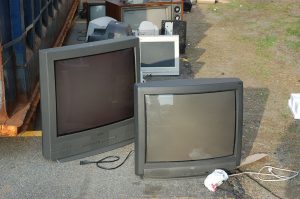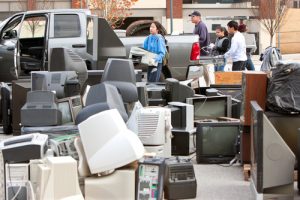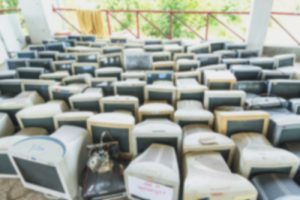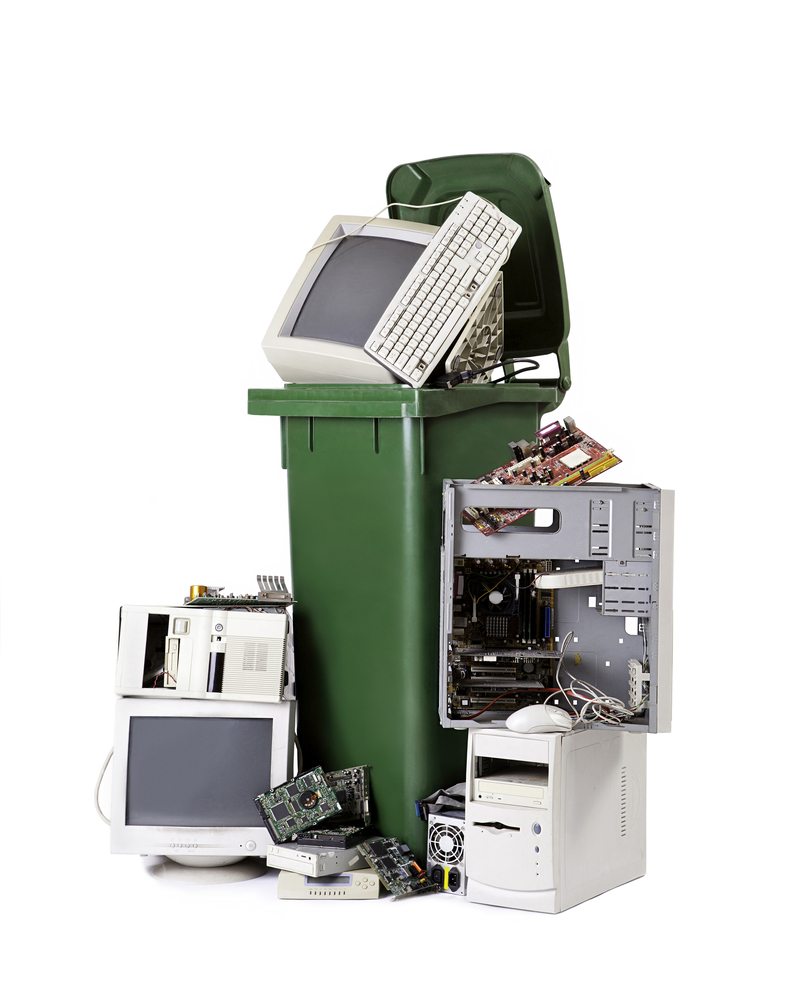This story originally appeared in the June 2016 issue of E-Scrap News.
Subscribe today for access to all print content.

This story originally appeared in the June 2016 issue of E-Scrap News.
Subscribe today for access to all print content.


Credit: Eric Dykstra
Changes in the end-of-life stream are prompting the oldest state electronics recycling program in the country to rethink its processor payment system.

Two electronics recycling companies recently ended disputes with California regulators that centered on the handling of metal-laden dust from e-scrap shredders. The situation raises debate about what material should be labeled hazardous.

Regulators in California are studying a number of legislative fixes to the nation’s longest-running e-scrap program, including expanding the existing consumer-funded model or going with a more commonly used system financed by OEMs.
 California officials are inviting industry players to participate in a survey regarding possible changes to the state’s e-scrap recycling program.
California officials are inviting industry players to participate in a survey regarding possible changes to the state’s e-scrap recycling program.
California e-scrap processing firm Arrow Recovery received an approval to build what would be its first metals refining operation.
 The owners of Dollar General stores will pay more than $1 million to settle charges that the company sent scrap electronics, batteries and other materials to landfills not permitted to receive them.
The owners of Dollar General stores will pay more than $1 million to settle charges that the company sent scrap electronics, batteries and other materials to landfills not permitted to receive them.
 Markets and regulations are forcing companies active in the nation’s largest state electronics recycling program to landfill CRT glass. The move is legal, but it’s raising difficult questions for the many processors that have publicly vowed to avoid disposal.
Markets and regulations are forcing companies active in the nation’s largest state electronics recycling program to landfill CRT glass. The move is legal, but it’s raising difficult questions for the many processors that have publicly vowed to avoid disposal.
 Nationwide retailer Big Lots will pay millions of dollars to settle accusations that it improperly landfilled electronics and hazardous waste.
Nationwide retailer Big Lots will pay millions of dollars to settle accusations that it improperly landfilled electronics and hazardous waste.
 What does the future hold for California’s e-scrap recycling program? Stakeholders were recently polled on different possibilities, and respondents were divided on issues such as landfill ban proposals and whether or not to continue the state’s unique consumer-fee strategy.
What does the future hold for California’s e-scrap recycling program? Stakeholders were recently polled on different possibilities, and respondents were divided on issues such as landfill ban proposals and whether or not to continue the state’s unique consumer-fee strategy.

